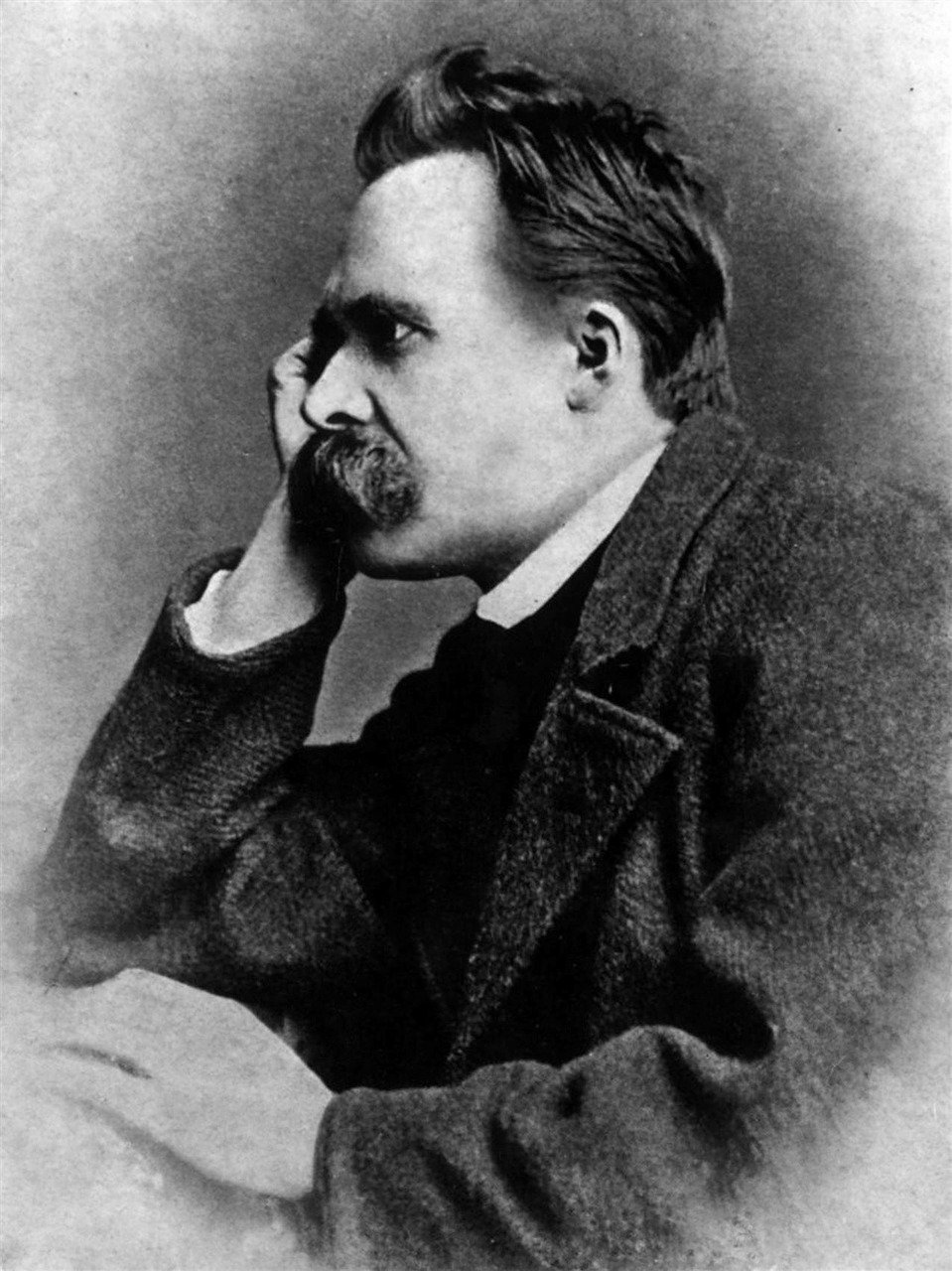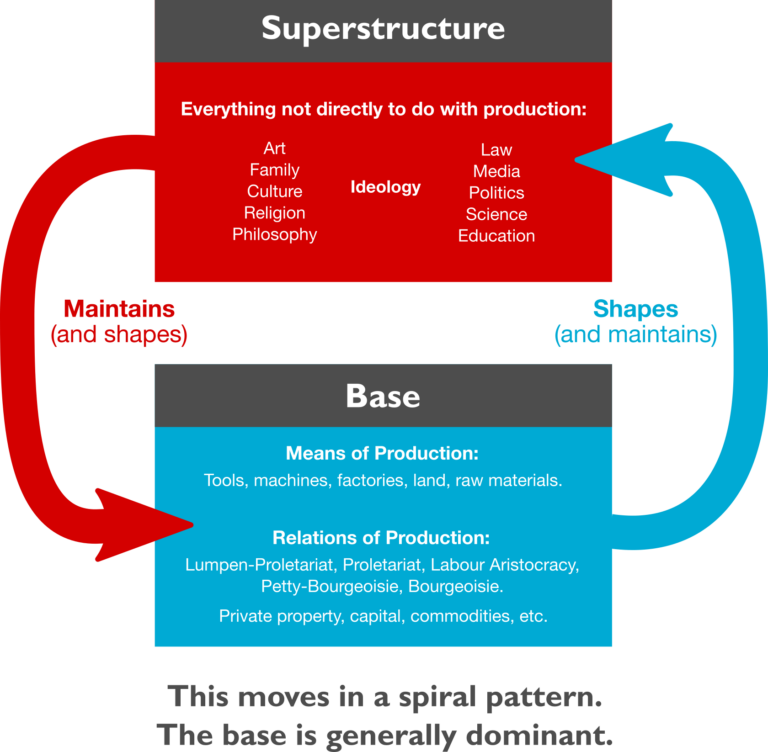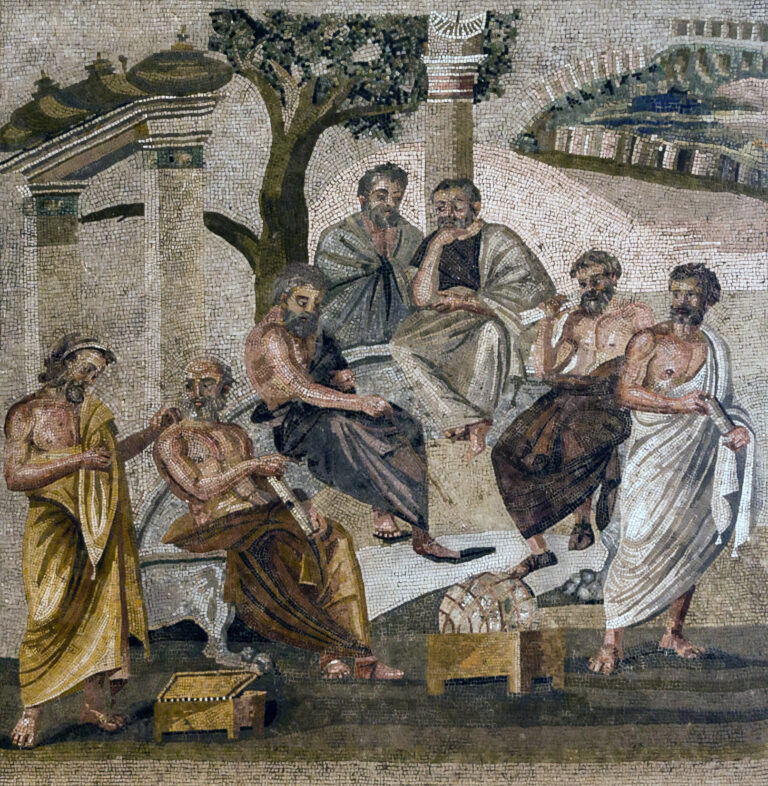
Friedrich Nietzsche was a German philosopher who is known for his criticism of traditional values, including morality and religion. His philosophy is centred on the idea of “life-affirmation,” which involves rejecting negative, life-denying values and instead embracing life and all of its pleasures and challenges. One of Nietzsche’s most famous ideas is the concept of the “Ubermensch,” or “superman.” This concept represents the ideal human being who has transcended traditional values and created their own values based on their own desires and goals. The Ubermensch is self-creating and self-determining and is able to live a life of joy and fulfilment because they are not bound by the constraints of traditional morality.
Nietzsche believed that traditional values, such as those espoused by Christianity, were inherently life-denying because they promoted self-denial and other negative attitudes towards the self. He argued that these values were created by those who were weak and unable to fully embrace life, and that they served to keep the strong and vital from achieving their full potential. Nietzsche also believed that traditional morality was based on the concept of “good” and “evil,” which he saw as artificial constructs created by human beings. Instead, he argued that there was only “good” and “bad” in the sense that some things were beneficial for life and some were detrimental. Another key aspect of Nietzsche’s philosophy is the concept of “eternal recurrence,” which is the idea that the universe is eternal and that everything that has happened and will happen has happened and will happen again. Nietzsche saw this as a way to embrace the present moment and live fully in the present, rather than dwelling on the past or worrying about the future. Nietzsche’s ideas have had a significant influence on a wide range of fields, including philosophy, psychology, literature, and culture. His critique of traditional values and his emphasis on self-creation and life-affirmation have inspired many to think more deeply about their own values and the way they live their lives.
“He who has a why to live can bear almost any how.” – Friedrich Nietzsche
This quote from Nietzsche speaks to his belief in the importance of having a purpose or meaning in life, which he saw as essential for being able to endure difficult circumstances and overcome challenges. By finding a “why” to live, we are able to tap into our own inner strength and resilience and find the will to keep going even when things get tough. This idea is closely related to Nietzsche’s concept of the Ubermensch, or superman, who is able to create their own values and purpose in life and live a life of joy and fulfilment.
Did Nietzsche really believe in eternal reoccurrence or was it just a thought experiment?
It is difficult to say for certain whether Nietzsche truly believed in the concept of eternal recurrence or if he saw it more as a thought experiment. In his philosophy, eternal recurrence refers to the idea that the universe is eternal and that everything that has happened and will happen has happened and will happen again. Nietzsche saw this as a way to embrace the present moment and live fully in the present, rather than dwelling on the past or worrying about the future. However, Nietzsche himself was somewhat ambiguous about his belief in eternal recurrence. In some of his writings, he seems to present it as a fact, while in others he seems to be using it more as a thought experiment or a way of challenging traditional values and ways of thinking. In his book “Thus Spoke Zarathustra,” Nietzsche writes:
“What, if some day or night a demon were to steal after you into your loneliest loneliness and say to you: ‘This life as you now live it and have lived it, you will have to live once more and innumerable times more’ … Would you not throw yourself down and gnash your teeth and curse the demon who spoke thus? Or have you once experienced a tremendous moment when you would have answered him: ‘You are a god and never have I heard anything more divine.'”
In this passage, Nietzsche seems to be presenting eternal recurrence as a fact, but it is worth noting that the character of Zarathustra, who is speaking these words, is a fictional creation and not necessarily meant to be taken as Nietzsche’s own voice. It is possible that Nietzsche saw eternal recurrence as a useful thought experiment or a way of encouraging people to live more fully in the present, rather than a literal belief. Be warned however ‘Thus Spoke Zarathustra’ is a very difficult read, it’s writing style is often described as dense, philosophical, and poetic. He uses a variety of literary devices, such as metaphors, allegories, and parables, which can make the text more difficult to follow. It also lacks narrative structure being more like a series of short philosophical treatises and parables, rather than a traditional story. This means that there is not a clear plot or storyline, and the ideas presented in the book are often abstract and open to interpretation. Finally, his ideas are extremely complex, dense and multifaceted. He often alludes to other philosophical concepts and ideas without fully explaining them. This can make it challenging for readers who are unfamiliar with these concepts or ideas some of which are difficult to translate into non-German resulting in the loss of some of the nuances vital to comprehension. In summary, “Thus Spoke Zarathustra” is a challenging but rewarding work that requires patience and a willingness to think deeply about the ideas presented in the book.

